
Swing Trading Utilizzando il Grafico a 4 Ore
¥95.57
Swing Trading Utilizzando il Grafico a 4 Ore

Uncle Tom's Cabin: Bilingual Edition (English – Russian)
¥40.88
Uncle Tom's Cabin: Bilingual Edition (English – Russian)

Stock Investing for Beginners: 30 Valuable Stock Investing Lessons for Beginners
¥24.44
Stock Investing for Beginners: 30 Valuable Stock Investing Lessons for Beginners

The Signal: Bilingual Edition (English – Russian)
¥40.88
The Signal: Bilingual Edition (English – Russian)

Swing Trading: The Ultimate Guide to Making Fast Money 1 Hour a Day
¥24.44
Swing Trading: The Ultimate Guide to Making Fast Money 1 Hour a Day

Ethereum: Strategies to Make Money with Ethereum
¥24.44
Ethereum: Strategies to Make Money with Ethereum
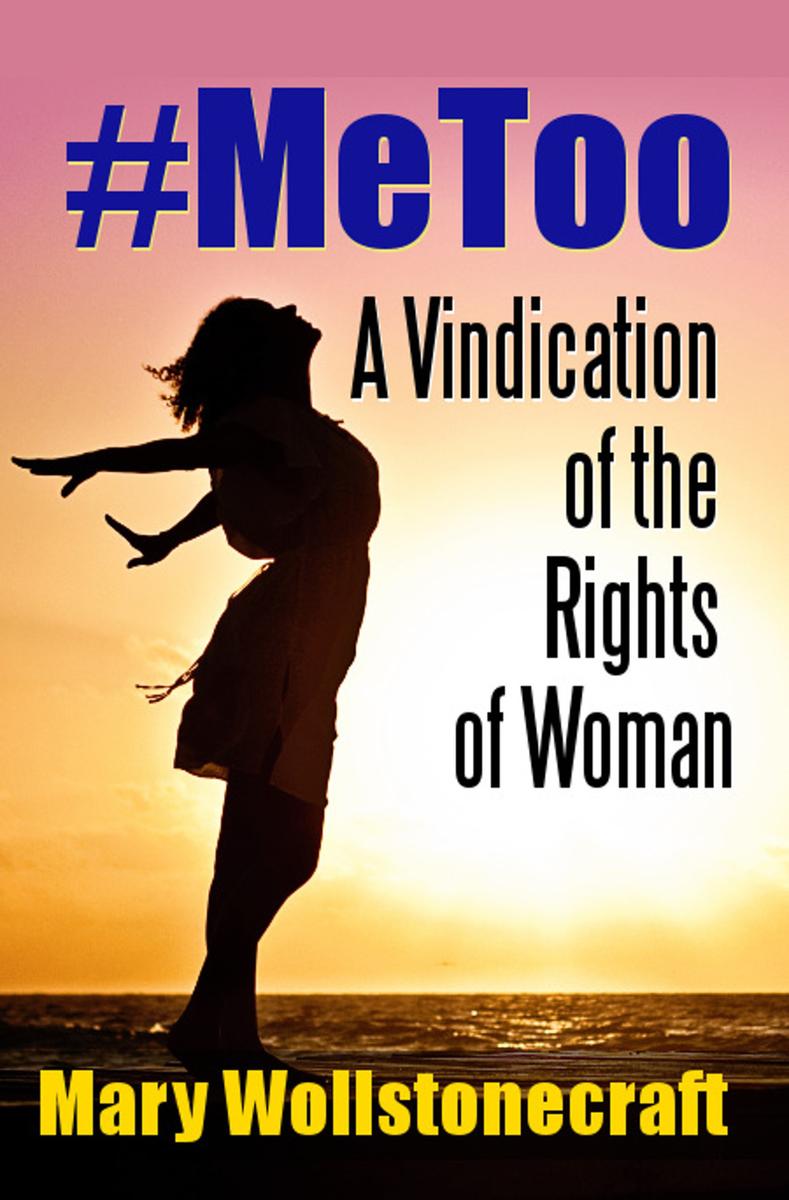
#MeToo: A Vindication of the Rights of Woman
¥24.44
#MeToo: A Vindication of the Rights of Woman
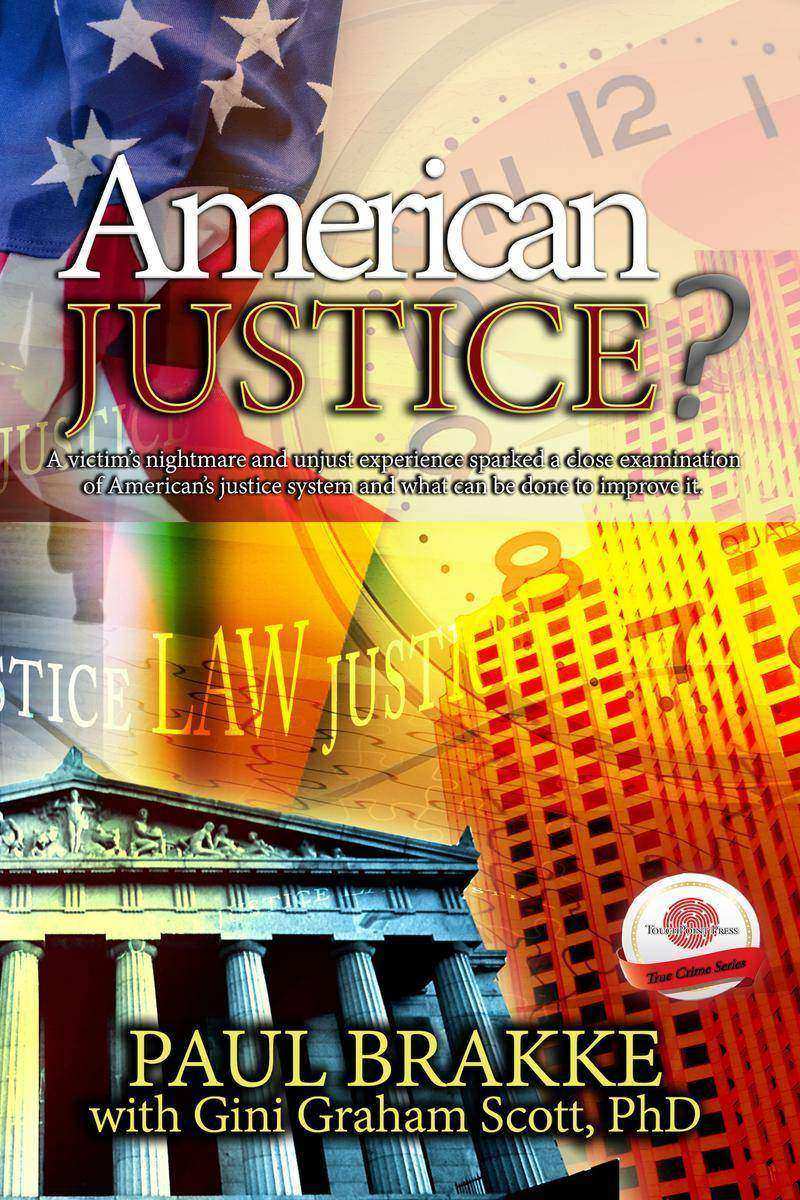
American Justice
¥73.49
American Justice

7 estrategias probadas para ganar más de $1.000 al mes a través de internet
¥40.79
7 estrategias probadas para ganar más de $1.000 al mes a través de internet

Smell the Blue Sky: ENHANCED edition
¥38.99
Smell the Blue Sky: ENHANCED edition
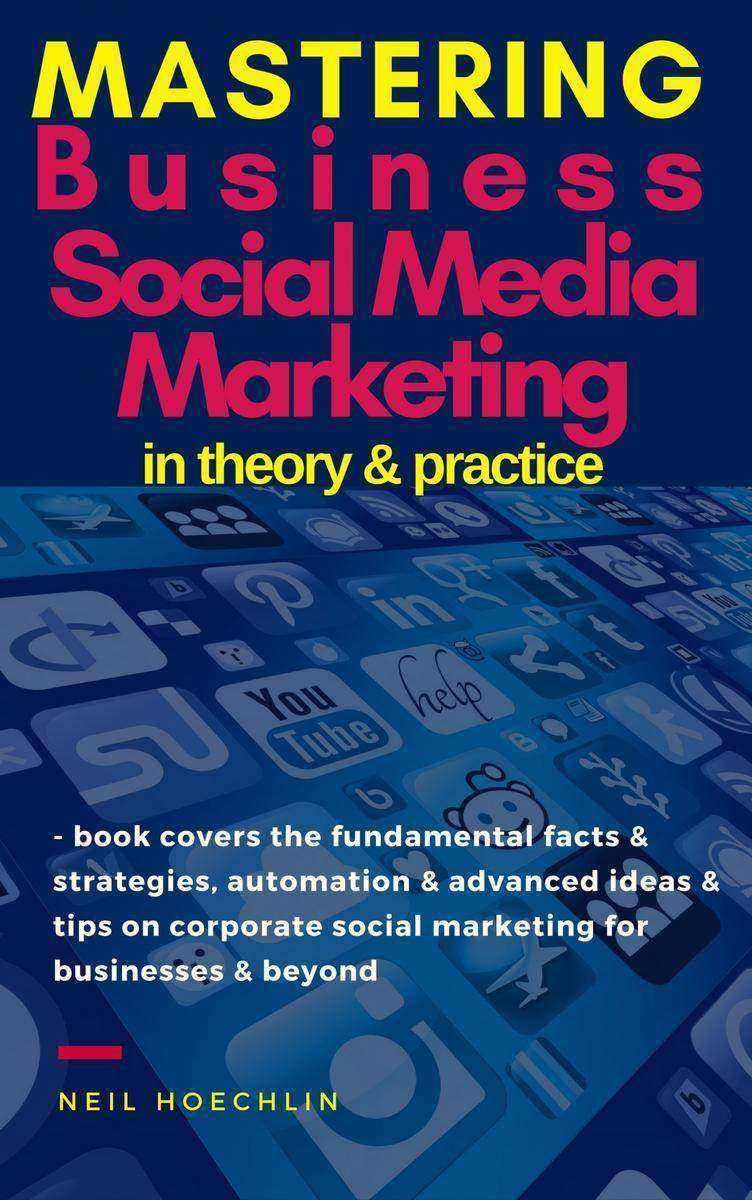
Mastering Business Social Media Marketing in Theory & Practice
¥24.44
Mastering Business Social Media Marketing in Theory & Practice
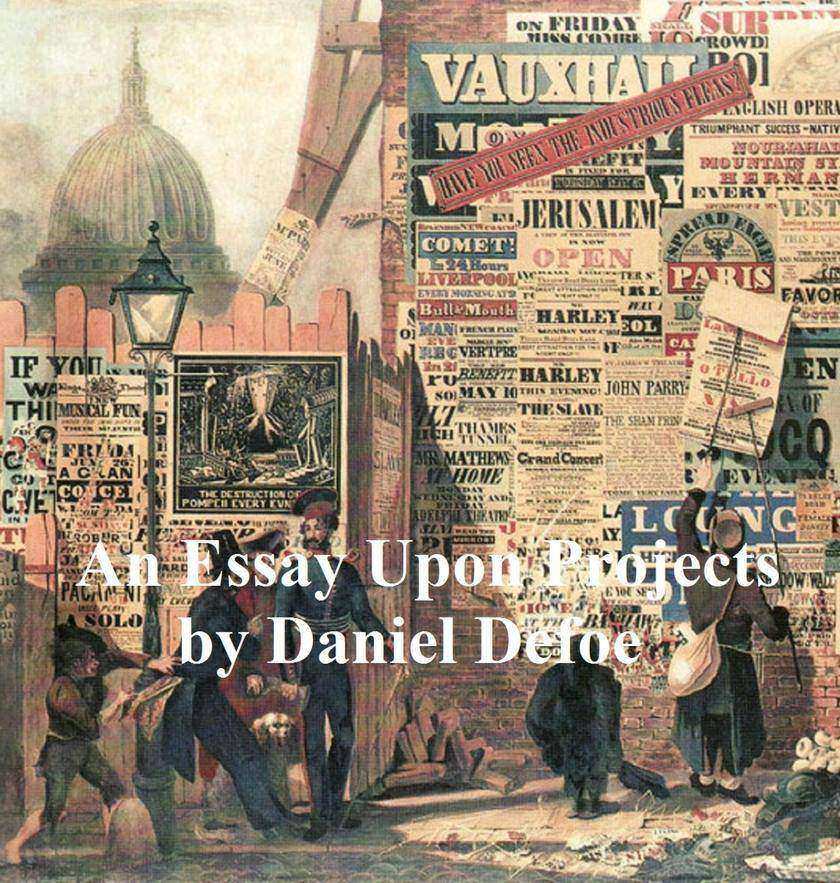
Essays Upon Projects
¥8.09
Essays Upon Projects

Cat Training: The Definitive Step By Step Guide to Training Your Cat Positively,
¥24.44
Cat Training: The Definitive Step By Step Guide to Training Your Cat Positively, With Minimal Effort
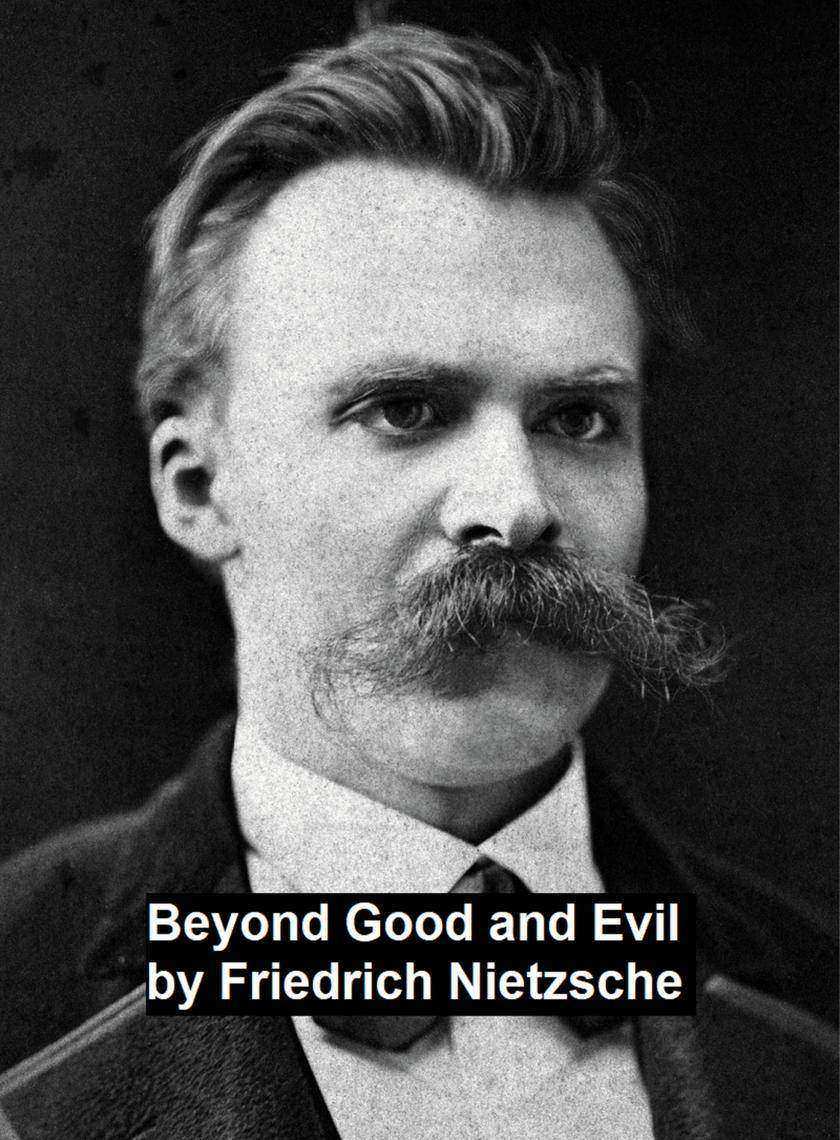
Beyond Good and Evil
¥8.09
Beyond Good and Evil
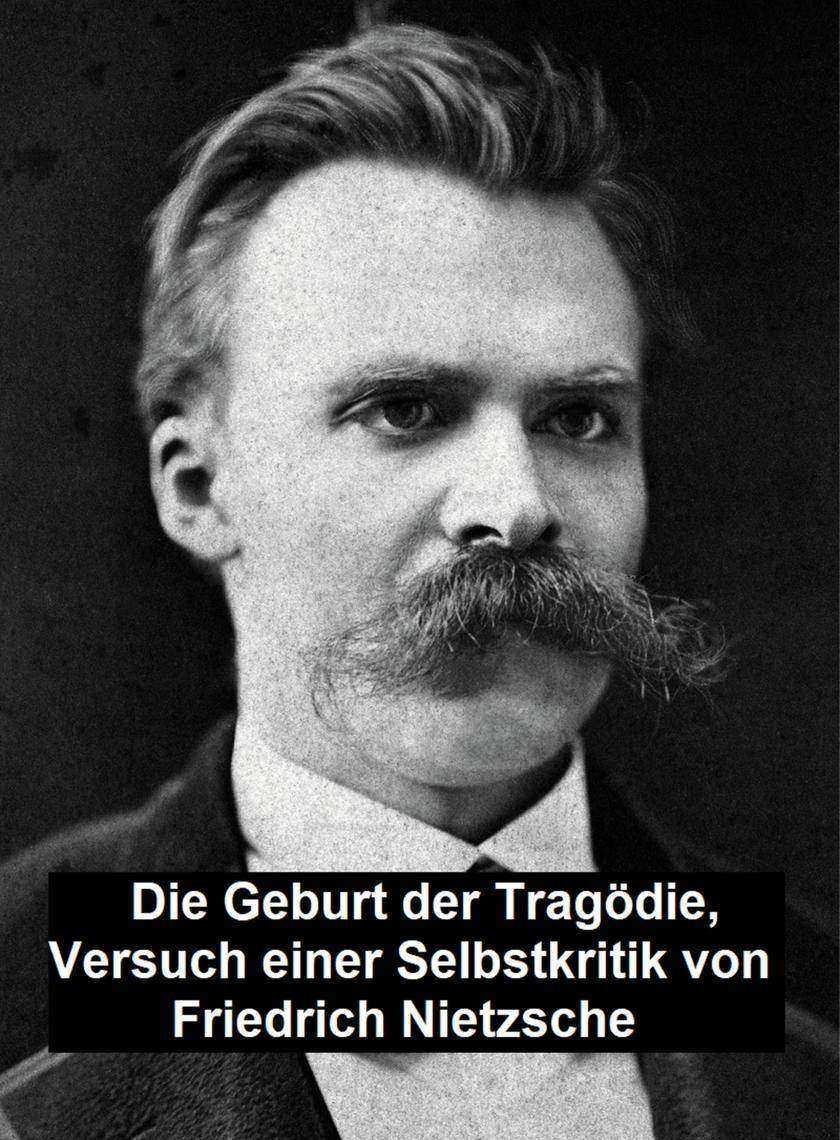
Die Geburt der Trag?die: Versuch einer Selbstkritik
¥8.09
Die Geburt der Trag?die: Versuch einer Selbstkritik
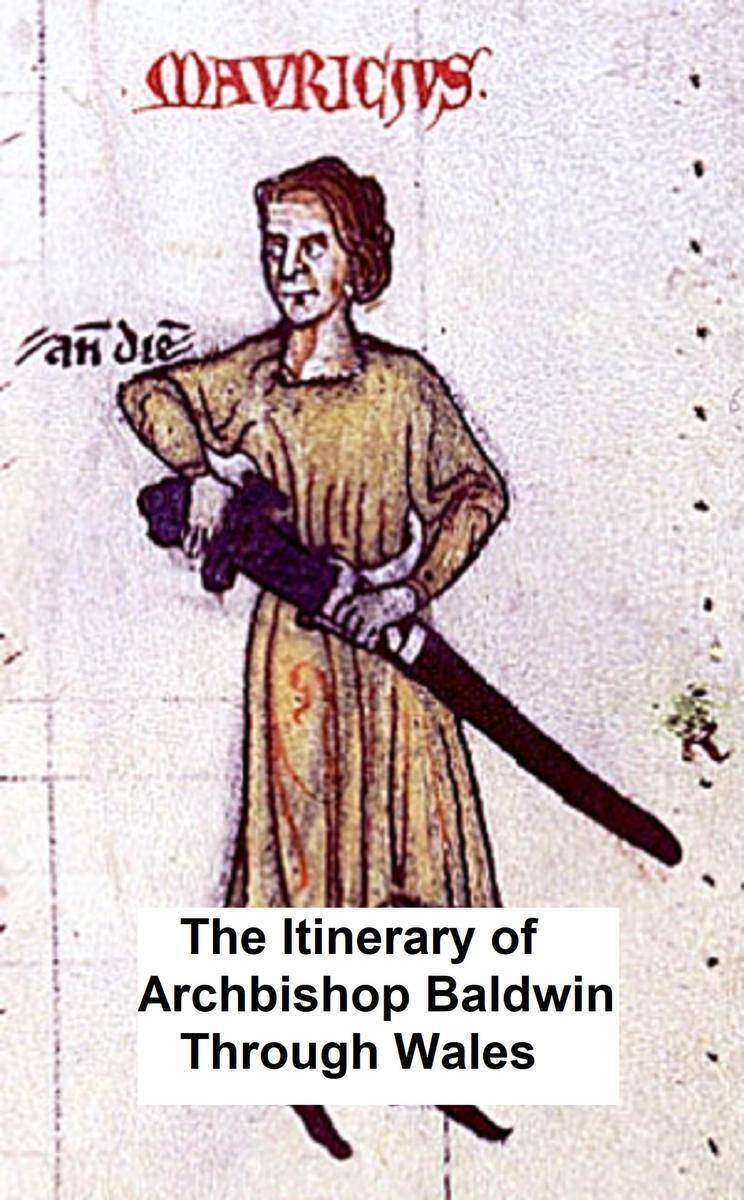
The Itinerary of Archbishop Baldwin Through Wales
¥8.09
The Itinerary of Archbishop Baldwin Through Wales

A mi kis k?ztársaságunk
¥72.59
1525, Wittenberg, Szászország A szász választófejedelem híres udvari fest?je, Lucas Cranach szomorú szem? fiatal n? portréját festi meg. A m? csak látszólag egyszer? arckép, a mester gondoskodik róla, hogy a festmény rejtett üzenetéb?l a figyelmes szemlél? kiolvashassa a lány tragikus t?rténetét. 1897, München Katharina, a magányos fiatal lány rokonai durvasága el?l menekülve a müncheni magyar fest?kolónia egyik m?vészéhez fordul segítségért. A találkozásból szerelem, majd házasság lesz, és a pár hamarosan Magyarországra k?lt?zik. De vajon el lehet-e felejteni azt a megrázó élményt, amely ?r?kre megváltoztatta a sorsukat? 2013, Budapest Kata, az elegáns pesti galéria m?vészett?rténésze a szakmájában nagyon sikeres, a szerelemben jóval kevésbé. Egy fájdalmas csalódást k?vet?en úgy d?nt, kipróbálja a Hellinger-féle családállítást, ahol bebizonyosodik, magánélete kudarcaira a múltban kell keresnie a magyarázatot. ?lményei akkor nyernek értelmet, amikor egy hetven évvel korábban elt?nt családi festmény után kutatva Németországba utazik és megismerkedik a m? új tulajdonosával. Johannes, a weimari ügyvéd nem hajlandó megválni a képt?l, ám meglep? ajánlatot tesz a lánynak. Kata igent mond a férfinak, akivel k?z?sen próbálják meg felderíteni a festményt ?vez? rejtélyt, és mik?zben egyre k?zelebb kerülnek egymáshoz, ráj?nnek, hogy a Madonna jóval t?bb titkot ?riz, mint valaha sejtették volna. A századel?t?l napjainkig ível? és a m?kincs-kereskedelem izgalmas világába vezet? regény egy fordulatos nyomozás és egy szenvedélyes szerelem t?rténete.

Száz ?jjel ?gyn?kség
¥77.42
G?LV?LGYI J?NOS k?tetében az olvasó átfogó képet kaphat a népszer? komikus színész egész életpályájáról, a gyerekkori indíttatásoktól kezdve a sorsfordító Ki mit tud?-on át egészen a jelent?sebb színpadi alakításokig és a paródiák kulisszatitkaiig. Gálv?lgyi k?nyve egyben f?hajtás a nagy mesterek és példaképek el?tt is. T?lük idézünk most: ?Egy jó whisky, egy finom szivar és ez a k?nyv. Mi kellhet még?” Winston Churchill ??n a hazám szolgálatáért adtam fel a színészetet. Gálv?lgyi színészként szolgálja hazáját. Ha ide születik, ma ? lenne az Egyesült ?llamok eln?ke.” Ronald Reagan ?Amikor esténként forgatók?nyvet írtam és elfáradtam, letettem a tollat. Ezt a k?nyvet nem tudtam letenni.” Charlie Chaplin ?Elfogulatlanul mondom: a Rómeó és Júlia, az Othello és a Sok h?hó semmiért után a legjobb k?nyv, amit valaha olvastam. William Shakespeare ?Gálv?lgyi egy arany ember.” Jókai Mór ?El?ítéletekkel vettem kezembe ezt a k?nyvet. Aztán mosolyogtam, majd kacagtam.” Teréz anya ?Most sajnálom igazán, hogy Kennedyt ismertem, de Gálv?lgyit sajnos nem.” Marilyn Monroe ?Aki ezt a k?nyvet nem olvassa, legyen az az ? tragédiája.” Madách Imre ?Nem tudtam, hogy kétszáz oldal is elég egy remekm?h?z.” Lev Tolsztoj

Purgatorio: Am murit, din fericire 4
¥46.60
O carte savuroas?, foarte bine conturat? din prezent, un pamflet fin, sustinut de o ironie muscatoare.?Arti?tii sunt firi complicate ca un motor Peugeot. Pentru ei asta este o virtute. Respir? pe nas ?i cred c? numai ei pot a?a, pentru c? am ?nv??at din lecturi c? limba scoas? e dizgra?ioas?“, scrie Octavian D?rm?nescu despre artist ?i, implicit ?i despre sine. Iar despre pamflet ?n sine: ?pamfletul este o ?int? ?n mi?care, o pas?re de ?nalt? altitudine. Pamfletul se scrie sp?lat pe m?ini ?i cu creioane foarte ascu?ite. De ce? Pentru c? pamfletul trebuie s? fie discret“.?C?nd ai combustia ?i voca?ia de pilot de curse a lui D?rm?nescu ?i nu e?ti obi?nuit s? ape?i pe fr?n? ?nainte de curb?, mai ales c?nd e noroi pe jos (ce-i drept, noroi rom?nesc, patriotic), e greu s? nu scapi din c?nd ?n c?nd volanul ?i s? ie?i ni?el ?n decor. Din acest motiv, e cinstit s? spun firilor mai sensibile c? D?rm?nescu trebuie ?judecat? nu doar prin prisma celor scrise, ci mai ales prin prisma motivelor pe care le are atunci c?nd – de exemplu – afirm?, funebru, c? ?Toat? istoria valahilor nu este altceva dec?t o cronic? cuminte a unui popor prea fricos pentru a se revolta pentru mai bine?. – Silviu Man, actor ?i publicist
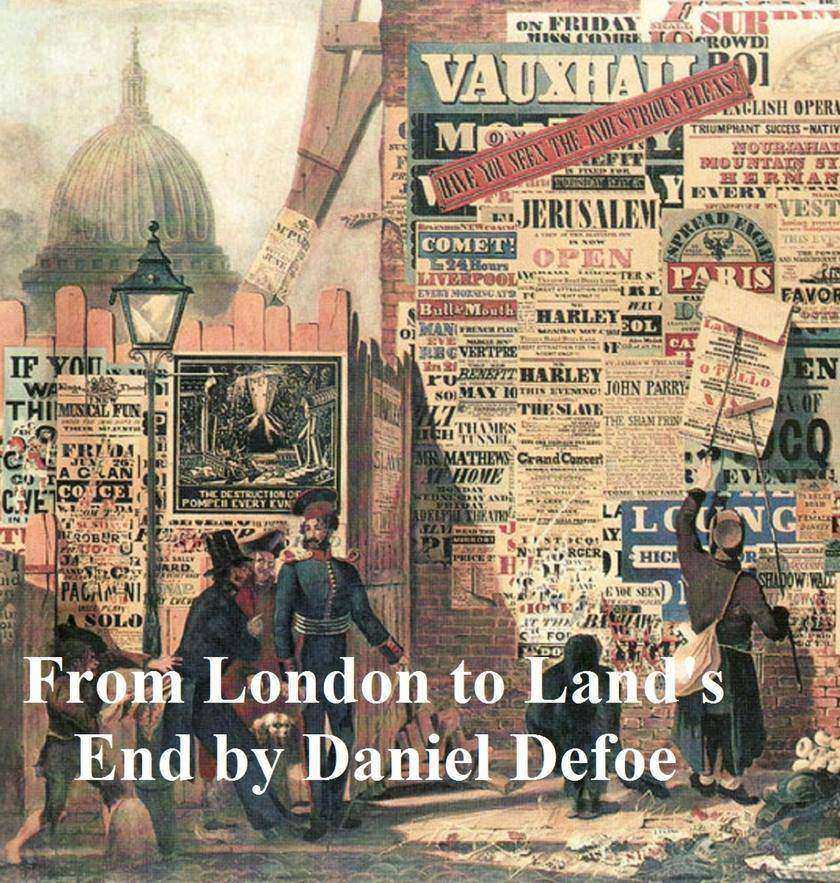
From London to Land's End
¥8.09
From London to Land's End
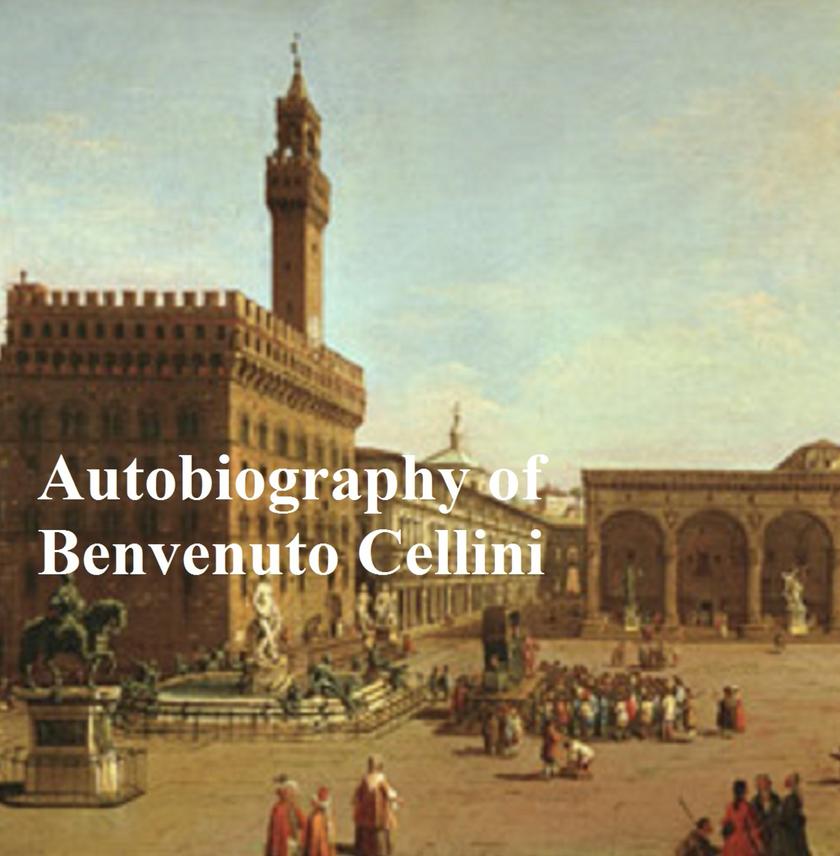
The Autobiography of Benvenuto Cellini
¥8.09
The Autobiography of Benvenuto Cellini




 购物车
购物车 个人中心
个人中心



